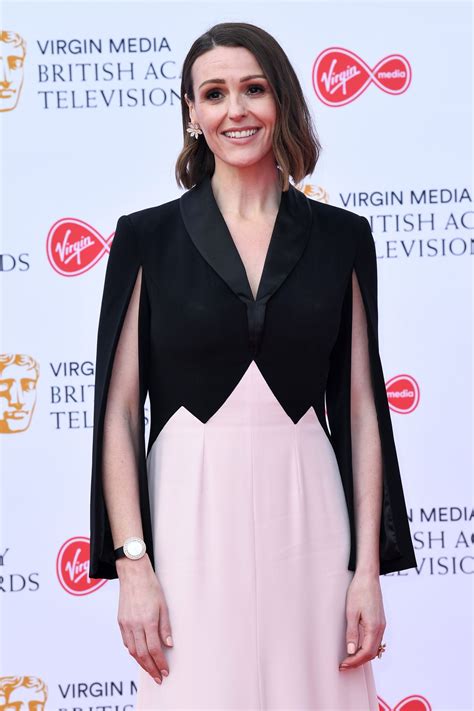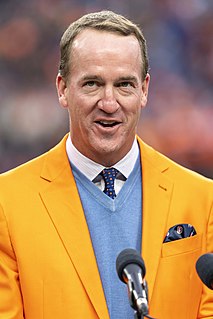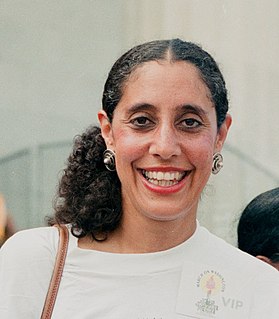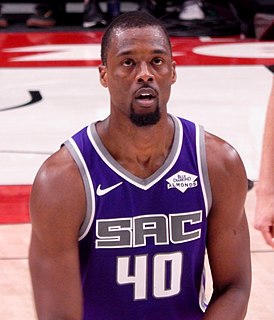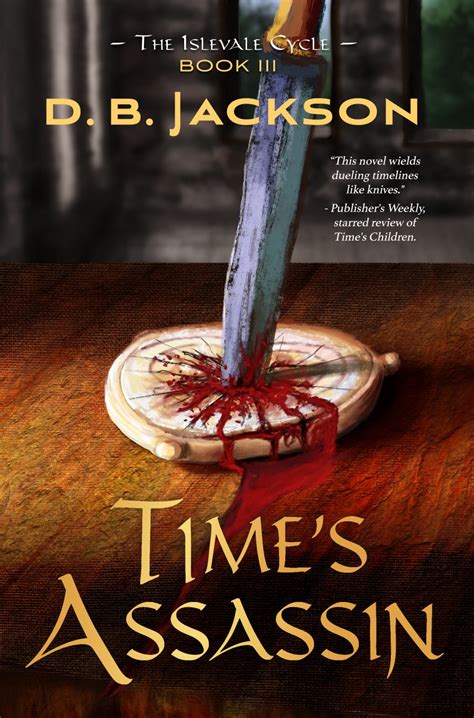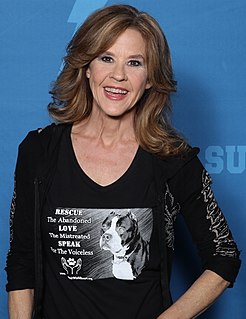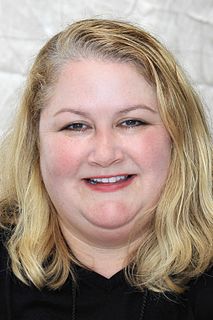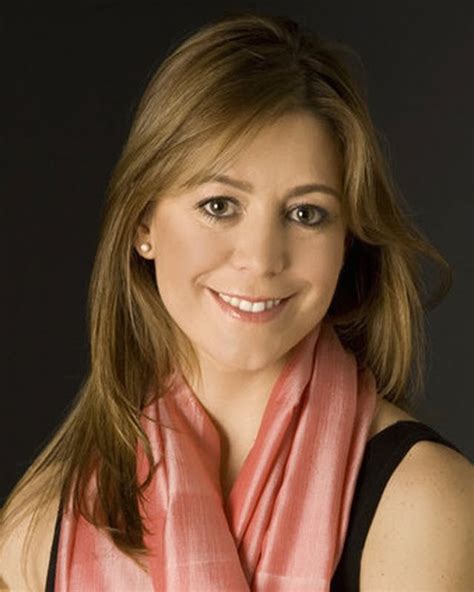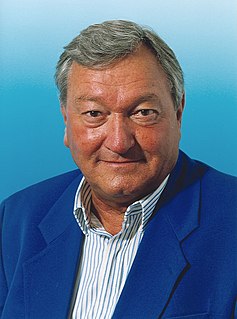Top 1200 Questions Asked Quotes & Sayings - Page 12
Explore popular Questions Asked quotes.
Last updated on December 19, 2024.
I have never said, as is sometimes believed, or even suggested that lower-class children should not learn the so-called educated norm of the Portuguese language of Brazil. What I have said is that the problems of language always involve ideological questions and, along with them, questions of power.
The book Dynamic Programming by Richard Bellman is an important, pioneering work in which a group of problems is collected together at the end of some chapters under the heading "Exercises and Research Problems," with extremely trivial questions appearing in the midst of deep, unsolved problems. It is rumored that someone once asked Dr. Bellman how to tell the exercises apart from the research problems, and he replied: "If you can solve it, it is an exercise; otherwise it's a research problem."
Once I saw Paris Hilton leaving a restaurant in Hollywood and the paparazzi cameras were all over her. It looked so unpleasant. It wasn't because she didn't look sensational - she was that perfect combination of fashionable and slutty - it was because the paparazzi guys were shouting these insanely rude and intrusive questions at her. Like, asking her who she was sleeping with and stuff. I was kind of interested in the answer, so I was glad they asked, but it was still gross.
For me, Stalinism was even a greater philosophical problem than Nazism. Under Nazism, if you were a Jew, you were simply killed, no questions asked, you had nothing to prove. Under Stalinism, of course, most [victims] were on trial for false accusations; most of them were not traitors. There is one interesting feature: that they were tortured or through some kind of blackmail forced to confess to being traitors.
Whenever I'm giving talks, I always ask people to think of the most obscure questions because I enjoy those the most. I always get the same questions: Why does Pickwick say "plock" and will there be a movie? I like the really obscure questions because there's so much in the books. There are tons and tons of references and I like when people get the little ones and ask me about them. It's good for the audience [and also] they realize there's more there.
I do think questions have been raised and questions have to be answered.And there is no way to predict what comes in the door of that White House from day to day that can pose a threat to the United States or one of our friends and allies, and I think this is a big part of the job interview that we are all conducting with the voters here.
The college kids should think hard about what they're doing. If you have a great idea for a company, there's no right time to start it, and it's often better to start it sooner rather than later. I went to Stanford undergrad and Stanford Law School, and if I had to do it over again, I might still do those things, but I wish I had asked the type of questions like, why I was doing it, was it just for the status and prestige, or was it because I was really interested in the substance of it.
I met with President Donald Trump at Mar-a-Lago in February. So he'd been in office about a month. It was for an hour. Went over there on a Saturday. They invite... Reince Priebus called and said, "The president wants to see you." He never once asked me what I thought. He never asked me once what he thought I ought to do. He never asked me what I think of this or that. My impression is this man is more self-informed and decisive.
Tell me about your family," I said. And so she did. I listened intently as my mother went through each branch of the tree. Years later, after the funeral, Maria had asked me questions about the family - who was related to whom - and I struggled. I couldn't remember. A big chunk of our history had been buried with my mother. You should never let your past disappear that way.
I listened more than I asked. There's a lot of information online, so many Youtube videos, countless interviews with all those obvious questions that were all answered for me. I just wanted to absorb her essence. I wanted to see the details, she has such mad style. I just wanted to see - the way she communicates with her hands, these gestures, her smile, how she moves through space.
Do you want to guess what's in here?" I asked Dash. "I think I've got it figured out already. There's a new supply of red notebooks in there, and you want us to fill them in with clues about the works of, say, Nicholas Sparks." "Who?" I asked. Please, no more broody poets. I couldn't keep up. "You don't know who Nicholas Sparks is?" Dash asked. I shook my head. "Please don't ever find out," he said.
I try to return my calls but I get inundated with emails and I can't answer them all. So often, I have to refer to them my webpage and the frequently asked questions or refer them to the books. But if they take the time to call me, I try to call back. You know, I am really busy, but just happened to have an hour in the hotel room and had some time before I have to meet some people about 20 minutes.
In my case I would emphasize anarcho-communalism, along with the ecological questions, the feminist questions, the anti-nuclear issues that exist, and along with the articulation of popular institutions in the community. I think it's terribly important for anarchists to do that because at this moment not very much is happening anywhere in North America.
Having an answer is a comfort. It's when you start asking questions and those questions pull threads in the larger fabric, you're forced to wonder what you're left with. And for people of any age, it's scary to think the fabric of the universe - or the universe as you've always believed it existed - can just unwind, you know?
I don't expect that the scientific community now embraces and kisses me 'Oh wonderful, great you did!' we have to live with critics, this is normal. Chariots of the Gods was full of speculation, I had 238 question marks. Nobody read the question mark. They always said: Mr. Von Daniken is saying... I did not say, I asked the questions, would that be a posibility? In Chariots of the Gods, I made clear difference between a speculations and facts.
Neo-Darwinian language and conceptual structure itself ensures scientific failure: Major questions posed by zoologists cannot be answered from inside the neo-Darwinian straitjacket. Such questions include, for example, 'How do new structures arise in evolution?' 'Why, given so much environmental change, is stasis so prevalent in evolution as seen in the fossil record?' 'How did one group of organisms or set of macromolecules evolve from another?' The importance of these questions is not at issue; it is just that neo-Darwinians, restricted by their resuppositions, cannot answer them.


